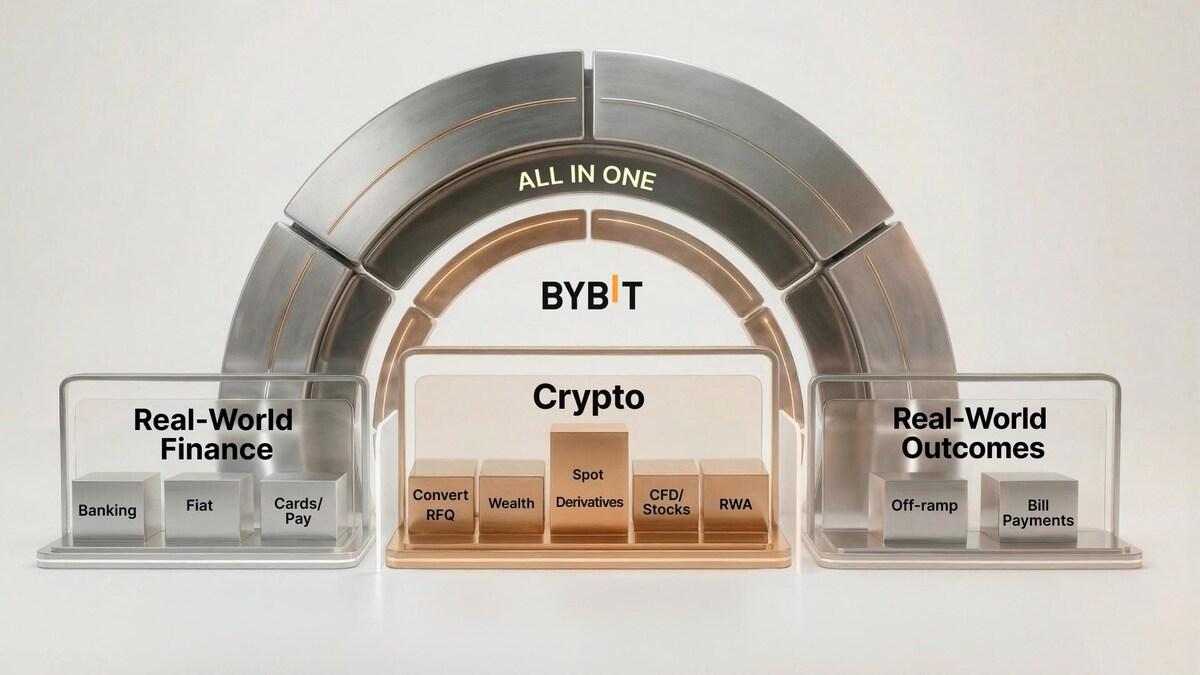A faucet is a system that offers rewards to cryptocurrency holders who complete specific tasks on a website. It provides an easy way to earn crypto assets without needing any expertise in cryptocurrency trading. These tasks can include viewing ads, completing captcha tasks, or playing games.
The main purpose of the reward system is to encourage the purchase of cryptocurrencies, particularly altcoins, which are alternative digital currencies to Bitcoin. Altcoins offer a diverse range of features and use cases, and faucets serve as a means to distribute these tokens to users who may be interested in exploring different projects.
Faucets have gained popularity in the cryptocurrency community as they provide a way for newcomers to get involved and learn about digital currencies without having to invest significant amounts of money. Additionally, faucets also help raise awareness about various cryptocurrencies and can act as a marketing tool for projects looking to expand their user base.
Bitcoin faucets are unsurprisingly one of the most popular types of faucets. The first Bitcoin faucet was created by Gavin Andresen in 2010. In the early days, Bitcoin faucets were worth five whole BTC. These early faucets played a crucial role in promoting the adoption of Bitcoin by giving away free coins to anyone interested in learning about the cryptocurrency.
Later on, faucets tied to Ethereum, Dogecoin, Litecoin, and other popular cryptocurrencies also emerged. Each faucet operates with its own set of rules and reward structures. For example, in the case of Bitcoin, the faucet rewards users with satoshis, which are the hundredth of a millionth of a Bitcoin. The term “satoshi” was named after Bitcoin’s mysterious founder, Satoshi Nakamoto.
Since the increase in cryptocurrency prices in 2019, payouts from faucets have significantly decreased. To be eligible for a small portion of coins, users usually have to complete a captcha or other simple tasks. This reduction in rewards is partly due to the increased value of cryptocurrencies and the need to balance the distribution of tokens.
Most faucet rewards are paid directly to the user’s wallet or the third-party wallet being used. This allows users to accumulate small amounts of various cryptocurrencies over time. It is important to note that faucets should not be mistaken for airdrops and bounties, which are other methods of receiving cryptocurrency awards. Airdrops are typically distributed by cryptocurrency start-ups and provide a one-time reward for assisting with community building or other specific activities.
There are numerous faucets available in the cryptocurrency space, each offering different rewards and user experiences. One popular faucet is Bitcoin Aliens, which was developed in 2014. It enables users to earn various key cryptocurrencies, such as Bitcoin, Litecoin, and Bitcoin Cash, as a reward for playing games on their phone. By engaging with the faucet’s games, users can earn small amounts of cryptocurrency while having fun.
Overall, faucets serve as an entry point for individuals curious about cryptocurrencies. They provide an opportunity to explore different projects, learn about the technology, and accumulate small amounts of digital assets. While the rewards may be modest, the educational and community-building value of faucets cannot be underestimated. As the cryptocurrency ecosystem continues to evolve, faucets will likely adapt and play a role in onboarding new users and promoting the adoption of various digital currencies.














